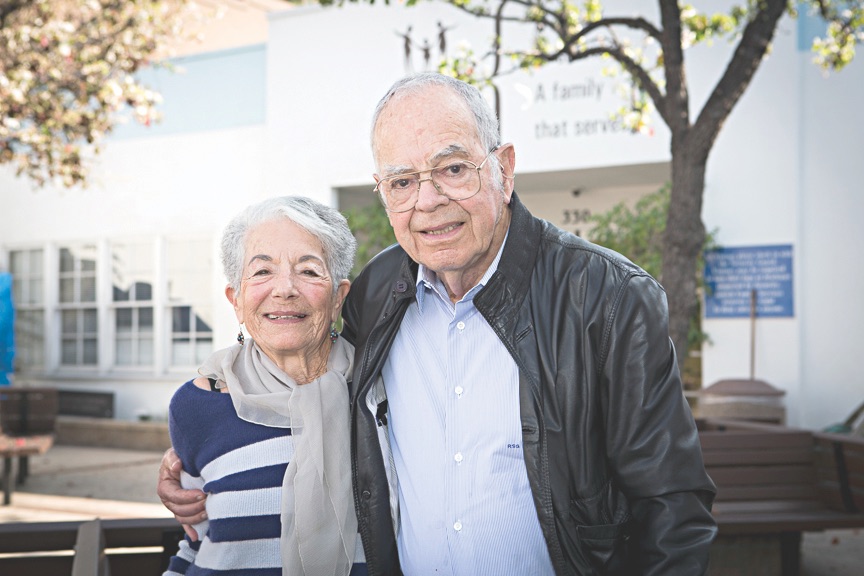
I lived my younger years with three anchors: to live in service, in adventure and in love.
My service consisted of 60-plus years participating in many fulfilling community and political projects in the United States and Israel. There were thrilling adventures, too, with long treks, mountain climbs and bicycle tours in exotic countries. And then there was love — rooted in my dearest Lois, our three sons, their wives, our grandchildren and ever-widening circles of friends.
But now I am 92. My service and adventures are only wonderful memories. Today, there are new experiences — like arthritic aches and a few strange pains in my back.
Still, my aging days are filled with much love, gratitude and joy. My wife of 69-plus years remains my true love; I will never understand how I was so smart at age 22 as to grab her for life. I can look back on a life filled with excitement and a reasonable level of success. And in my efforts to promote tikkun olam, I continue to support social justice causes as in the past, only today this support is more financial than physical.
One gift of my senior years has been a contentment level I never felt when younger.
One gift of my senior years has been a contentment level I never felt when younger. I was always too busy, always on to the next activity, never stopping to meditate and appreciate the life I created. Now, age and perhaps a little wisdom have directed this change in how I live. I have time to read for pleasure and not just for data. Time to see beauty that in the past I ignored. Time to move slowly and open my eyes to so much of what I’d been missing.
For me, this contentment has re-birthed the dominant emotion at this time in my life — gratitude, a deeply felt satisfying joy for all the blessings in my life.
But why did I not learn about the joys of gratitude until my later years? Did I miss a valuable lesson along the way? Could an enlightened elder have showed me a path that could have brought to me the joys of gratitude in my youth? Could I be that elder for others?
Years ago when traveling with our children, we saw incredible poverty in many places around the world. Now I wonder: In talking with our sons, did we reflect enough on life in one of those villages compared with our lives in Beverly Hills? Did we consider their food, their clothes and toys, their dwellings and schools? Did we ever talk about how lucky we were to be born in the United States?
One path to learning gratitude is comparing our life with what might have been, but it doesn’t take foreign travel to accomplish this. There are examples everywhere, such as the inspiration offered by the heroic people in our lives.
Consider my grandmother, who left her tiny shtetl in Ukraine at age 17. She came alone to this country to live in freedom and escape the rampant anti-Semitism of the czar. What if she had lost her courage and didn’t complete that trip? Or if the odds were too great and she failed? Would we ever have left that part of the world?
How different my life would be. What a debt I owe that courageous 17-year-old. I never told my grandmother how grateful I was for her daring, and how she determined the future of our whole family.
As I grew older, gratitude came more naturally. I learned to be more thankful for having such a full life — call it a heightened awareness of the vitality and beauty of my everyday surroundings. There grew a joy in living beyond myself, as I continued to be active in community service and the world around me.
This might be tough to teach, but through the conversations we initiate and our own actions, we all can model this lifestyle for the next generation.
Richard Gunther has lived the life of a social entrepreneur.







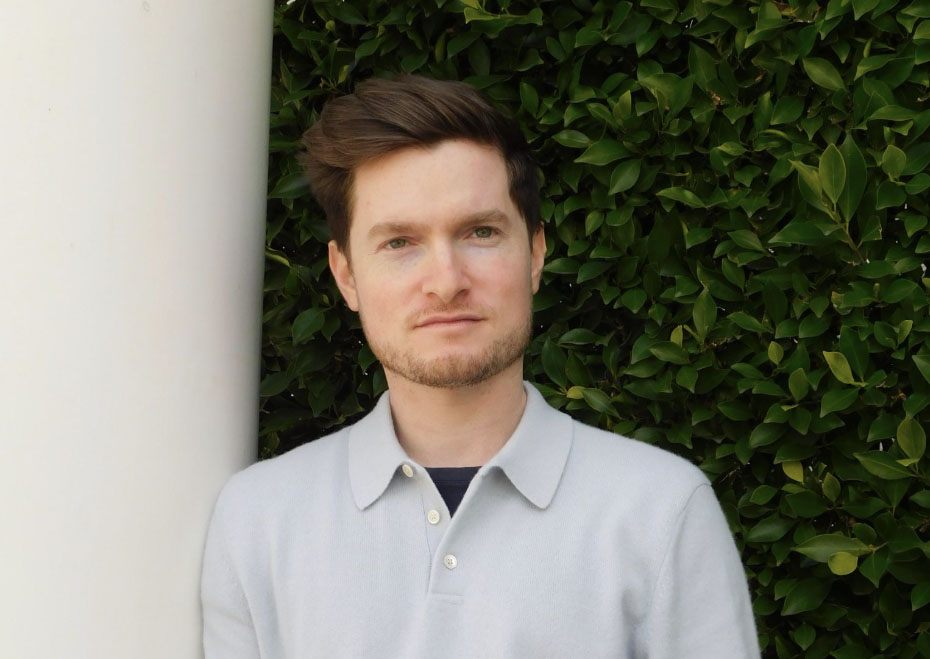


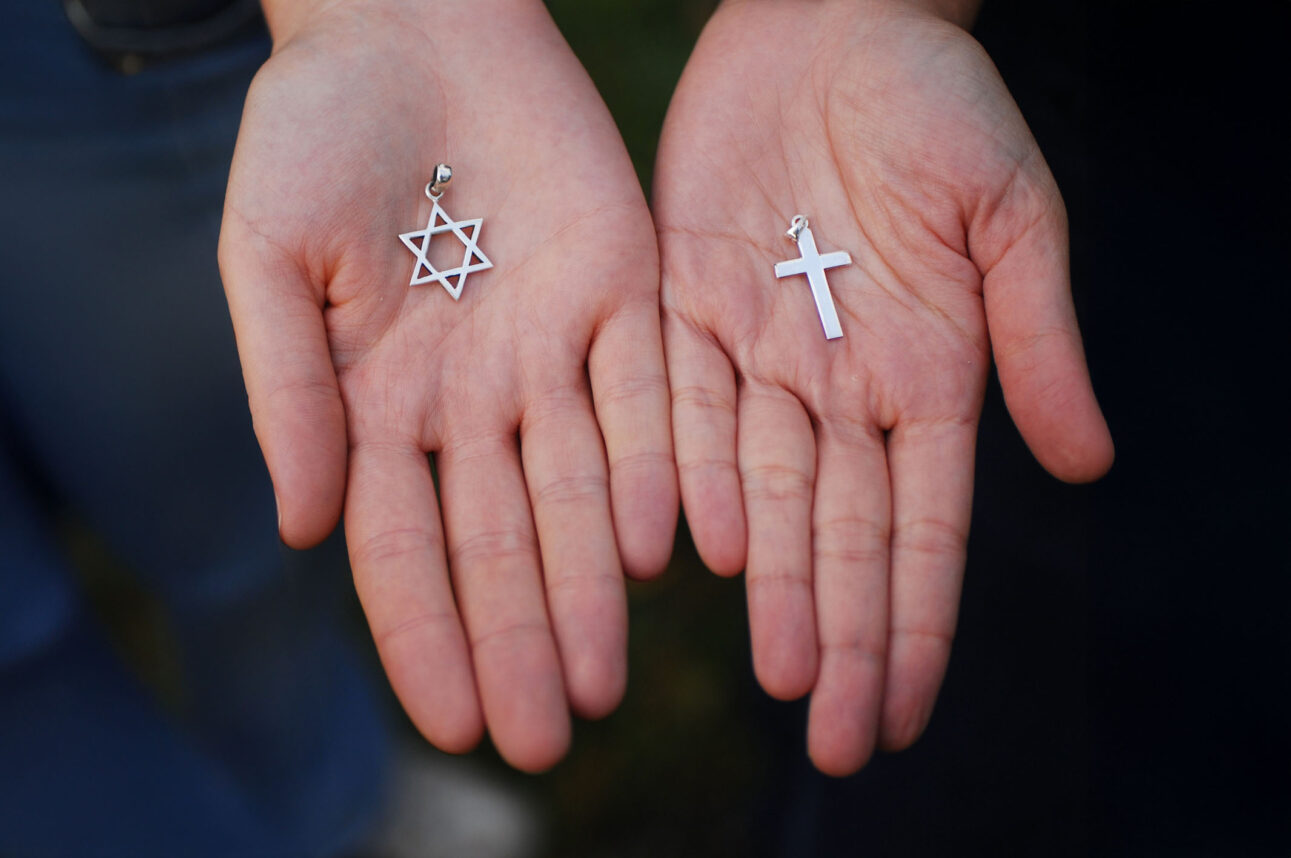

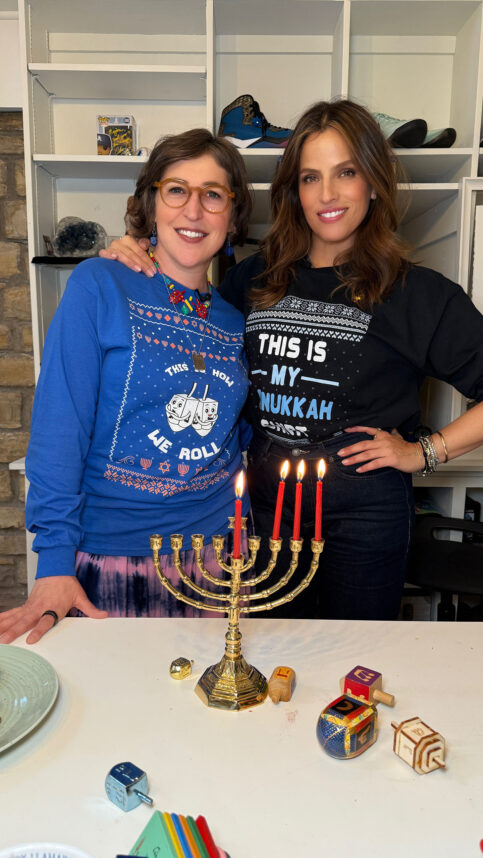


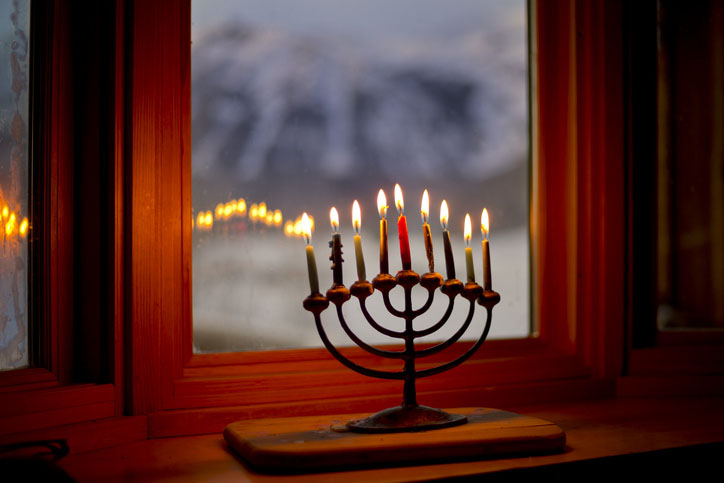
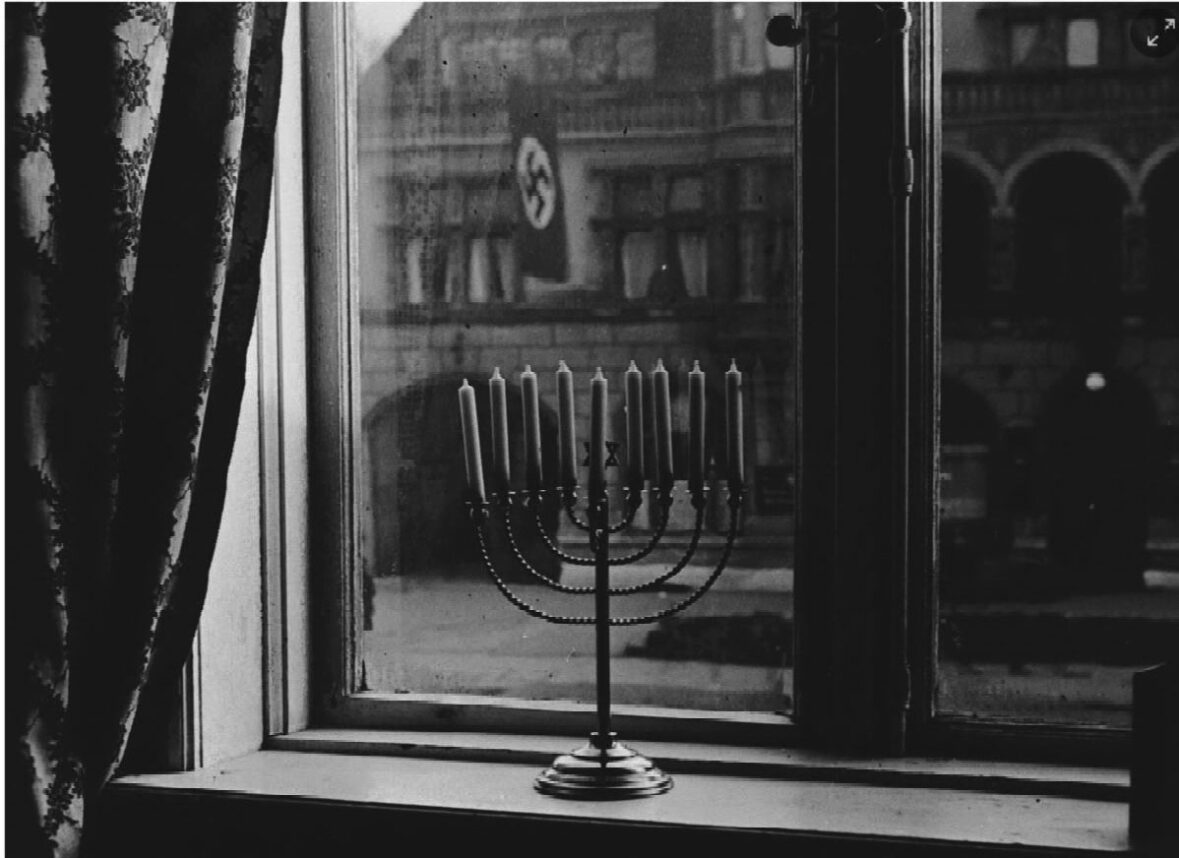





 More news and opinions than at a Shabbat dinner, right in your inbox.
More news and opinions than at a Shabbat dinner, right in your inbox.